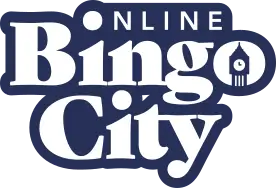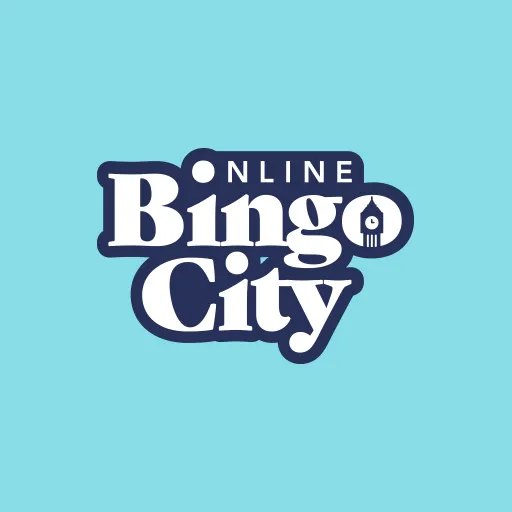People often look back at the old paper ticket days with a mix of nostalgia and frustration. Sure, there was a charm to handwritten ticket slips and the rustle of paper, but heaven help you if you lost one. The shift to digital wasn’t just inevitable, it was bloody essential. Ticketing systems needed to evolve, especially in gambling, where precision, traceability and speed play critical roles.
Why the paper model outlived its usefulness
Paper worked fine, until it didn’t. In the 90s, a surge in game variants and bonus mechanics meant that ticketing systems needed to become more flexible. Manual management led to endless human error, delayed checks, and clashes during payout disputes. Trust me, I’ve stood in bingo halls where players missed out on winnings because a paper strip was stained or illegible.
The issue with manual validation
Take bingo as an example. Before digitalisation, verifying a win meant cross-checking caller logs, ticket books, and timestamps. In busy clubs, that meant delays, disputes, and even the occasional shouting match. It’s no surprise that many venues started shifting to hybrid systems by the early 2000s. For more on how digital systems are transforming bingo, see this overview of new bingo sites.
How digital systems reinvented ticketing
Enter ticketing software, centralised, encrypted, and customisable. At first, punters were sceptical. “Where’s my physical proof?” they’d ask. But over time, when they saw winnings instantly validated and payouts streamlined, resistance waned. Software made tracking thousands of transactions per night practical. It was a revelation.
The rise of digital bingo platforms
Today, platforms like new bingo sites are fully digital from the ground up. Ticket generation, sales, and validation happen in real-time with backend logs that auditors can comb through in seconds. If something’s off, you’ll know before the player’s even finished their game.
The building blocks of a solid digital ticketing framework
A proper system requires more than just a flashy interface. It’s about the engine underneath. Things like secure timestamping, tamper-proof logs, and compliance integration are non-negotiable. Yet many operators rely on off-the-shelf software without realising how ill-equipped it is under regulatory scrutiny.
True integration with RNG and game logic
One common rookie mistake? Treating ticketing as entirely separate from the game engine. Digital ticketing must sync perfectly with the RNG and draw logic. Otherwise, you’re relying on hope and fragile APIs. Proper setups, like those seen on Showreel Bingo, log wins at the source, validated instantly against central draw outputs.
Cross-platform continuity matters more than you think
Nowadays, punters play from desktops, mobiles, and tablets without skipping a beat. But many systems still get squeamish when handling tickets across platforms. Consistency must be absolute. That means unified user IDs, cloud-based ticket ledgers and responsive layouts that behave identically across devices.
Dedicated bingo apps lead the way
Platforms like those on bingo apps have nearly perfected this. Players can buy a ticket at work on mobile, mark it at home on a laptop, and claim a win on a tablet, all with no hiccups. That seamlessness builds trust, which paper never could.
Compliance and auditability, the hidden champions
Tech-savvy systems don’t just serve players; they’re a godsend for regulators. Centralised digital ticketing allows for rigorous audits, payout verifications, and fraud detection. And when done right, it ensures that games meet both local legislation and player protection standards.
When systems fall short, it shows fast
One operator I consulted with had breakdowns weekly, turns out, ticket records weren’t syncing correctly across datacentres. We replaced their archaic system with an event-sourced digital ledger. Within a month, chargebacks disappeared, and dispute resolutions dropped by 83%.
The road ahead for digital ticketing
Looking forward, expect ticketing tech to lean further into blockchain, ensuring near-immutable transaction trails. Couple that with machine learning fraud detection and biometric validation, and you’ve got a bulletproof future framework that keeps everyone honest and engaged.
Platforms setting benchmarks
Modern examples, like what’s offered on Zeus Bingo, combine these features with slick UX and strong community integration, digital done right, with roots in solid traditional practice. When tech aligns with that core understanding of the player’s journey, ticketing becomes invisible, a sign it’s working as it should.
This isn’t just tech, it’s trust at scale
Ticketing isn’t just about logistics. It’s about creating a contract of trust, game after game. When done right, digital systems are tighter than any ink-written stub. But never forget: the flashiest software means nothing without the rigour and values that defined the old-school methods, precision, transparency and accountability.
So, if you’re setting up a system or overhauling one, don’t just look at the features on the box. Strip it down. Ask the tough questions. And always know what you’re walking into, or you’ll end up building something shiny, fragile, and wholly unfit for purpose.










